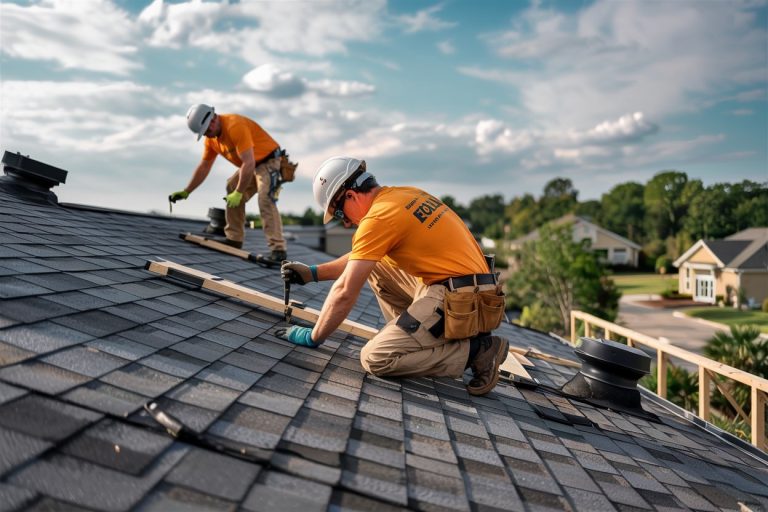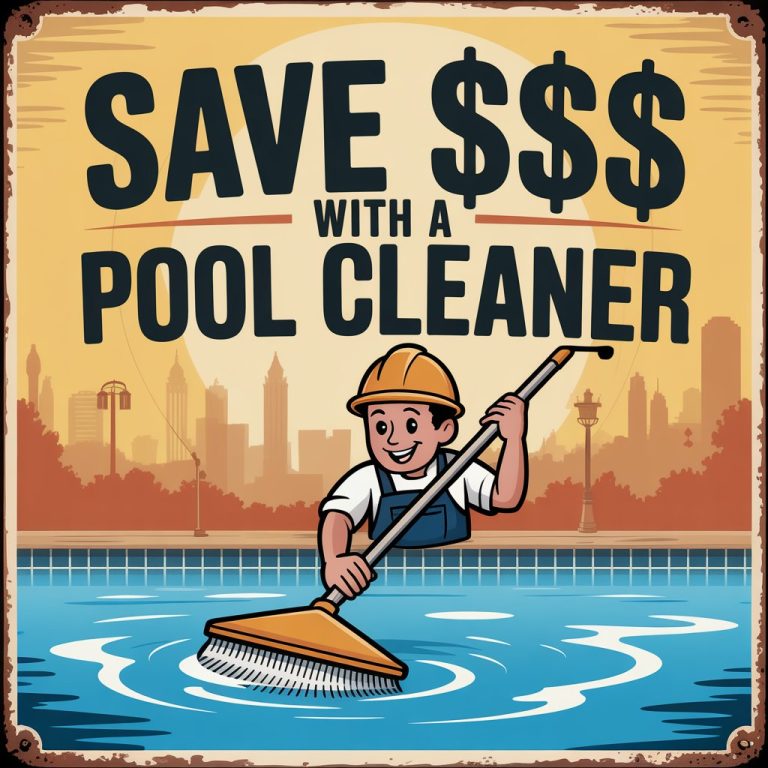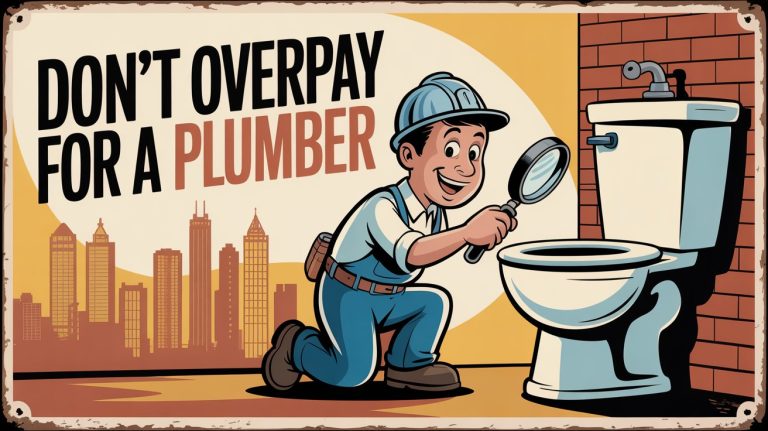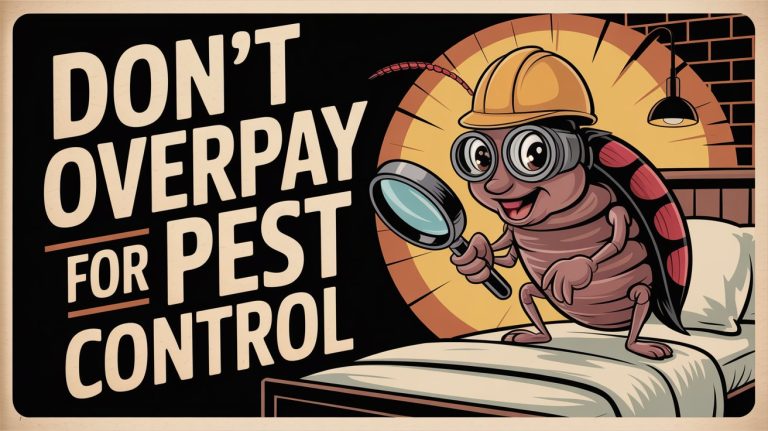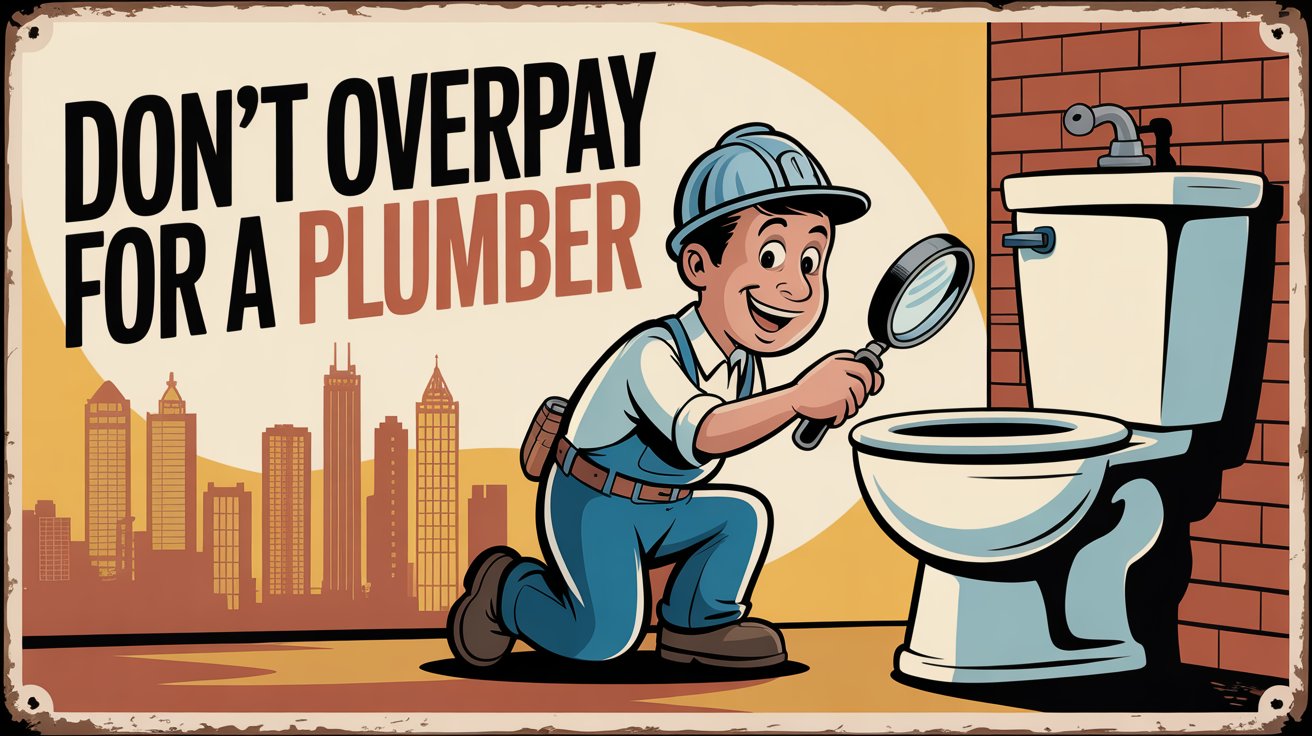
Don't overpay for a plumber
So, your sink is gurgling like a haunted house, your toilet seems to have a vendetta against you, or maybe your water heater has decided to turn your morning shower into an ice bath. It’s official: you need help. But before you dial the first plumber you find online and end up paying your mortgage in service fees, let’s talk strategy. Yes, my friend, it’s time to master the art of how to hire a plumber without flushing your money down the drain.
Step 1: Know What You’re Dealing With
Before you even pick up the phone, identify the problem. Is it a minor leak, a clogged drain, or a full-blown flood waiting to happen? Plumbers love mysteries, but your wallet doesn’t. By knowing exactly what’s wrong, you’ll avoid paying for a plumber’s Sherlock Holmes skills when all you need is a wrench.
Write down everything:
- When it started
- Any sounds or smells
- How severe it is
This info can help the plumber give you a more accurate estimate upfront. And trust me, vague explanations like, “It’s kinda dripping sometimes,” will get you a quote that could fund a small island.
Step 2: Shop Around Like You’re Hunting Treasure
The plumbing industry is vast, and rates vary more than the weather in April. Don’t settle for the first plumber who picks up. Call multiple companies—yes, I said call, not just Google. Ask for quotes, but don’t be shy about details:
- Hourly rates vs. flat fees
- Travel or service charges
- Emergency fees (plumbers love these)
Pro tip: many plumbers charge more for weekend or evening visits. If your problem isn’t life-threatening, waiting until normal business hours can save you a bundle.
Step 3: Check Their Reputation
Hiring a plumber is like dating—you want someone reliable, skilled, and preferably not trying to ghost your bank account. Read reviews, ask friends, and check credentials. A licensed plumber with great reviews might charge a little more upfront, but you’ll save money in the long run by avoiding shoddy work that leads to repeat calls.
A red flag: a plumber with a phone number but no website or address. That’s your cue to run faster than water in a clogged pipe.
Step 4: Be Clear About Costs
Nothing kills a good plumbing relationship faster than surprise charges. Ask:
- Do you charge by the hour or by the job?
- Are parts included in the estimate?
- What counts as an “emergency” charge?
A good plumber will be upfront. A sneaky one will say, “Oh, that’s just a small fee,” and suddenly your “small leak” costs more than a cruise to the Bahamas.
Step 5: Bundle Jobs When Possible
If your home has multiple plumbing annoyances, try to schedule them together. Plumbers often have minimum service fees, and combining tasks can reduce the overall bill. Fixing your dripping faucet and unclogging your shower drain in one visit? That’s money saved, and fewer awkward conversations about where the leaks are.
Step 6: Ask About DIY Prep
You don’t have to do open-heart surgery on your pipes, but some prep work can reduce labor costs. For instance:
- Clear the area around the sink, toilet, or water heater
- Remove personal items from cabinets
- Shut off the main water supply if instructed
Showing that you’re helpful—not just standing around with a worried look—can sometimes earn you a goodwill discount. Plumbers appreciate people who know which end of the wrench to grab.
Step 7: Don’t Be Afraid to Negotiate
Yes, plumbers have rates, but you’re not asking them to perform brain surgery on a gold-plated pipe. Negotiation is possible. Politely ask if there’s flexibility, especially if:
- You’re hiring for multiple jobs
- You’re a repeat customer
- You’ve gotten lower quotes from competitors
Many plumbers will match or come close, because they’d rather earn your business than lose it to the guy down the street. Remember: you’re negotiating respectfully, not trying to steal the wrench.
Step 8: Consider Maintenance Contracts
Some plumbing companies offer maintenance plans. For a monthly or annual fee, you get regular inspections, priority service, and sometimes discounts on emergency repairs. If your home is older or your plumbing temperamental, this can save money in the long run. Think of it like a gym membership—but for pipes. Less sweating for you, more regular flow for them.
Step 9: Avoid “Too Good to Be True” Deals
If someone promises a major repair for half the market rate, raise an eyebrow. Very high discounts might mean:
- They cut corners
- They use substandard parts
- They aren’t licensed
In plumbing, cheap often comes back to haunt you in water damage, mold, and ruined flooring. Trust me, nobody wants a surprise indoor swimming pool.
Step 10: Tip Wisely
If your plumber goes above and beyond, tipping is appreciated but not mandatory. Small gestures—like offering water, coffee, or a friendly smile—also go a long way. Happy plumbers tend to provide better service and may even throw in little extras (like a tightened washer for free).
Step 11: Keep a Plumber on Speed Dial
Once you find a reliable, reasonably priced plumber, don’t forget them. Emergencies never announce themselves in advance. Having someone you trust can save hours of stress and hundreds in frantic service calls.
Final Flush: Your Wallet Will Thank You
Hiring a plumber doesn’t have to feel like draining your bank account into a clogged toilet. With a little research, strategic planning, and respectful negotiation, you can get quality work at a fair price. Remember: know your problem, shop around, check reviews, be clear on costs, and don’t shy away from bundling jobs or negotiating.
By following these steps, you’ll be the hero of your home plumbing saga—without selling a kidney to pay for it. So next time your pipes act up, relax. You’ve got the know-how to hire a plumber like a pro.
